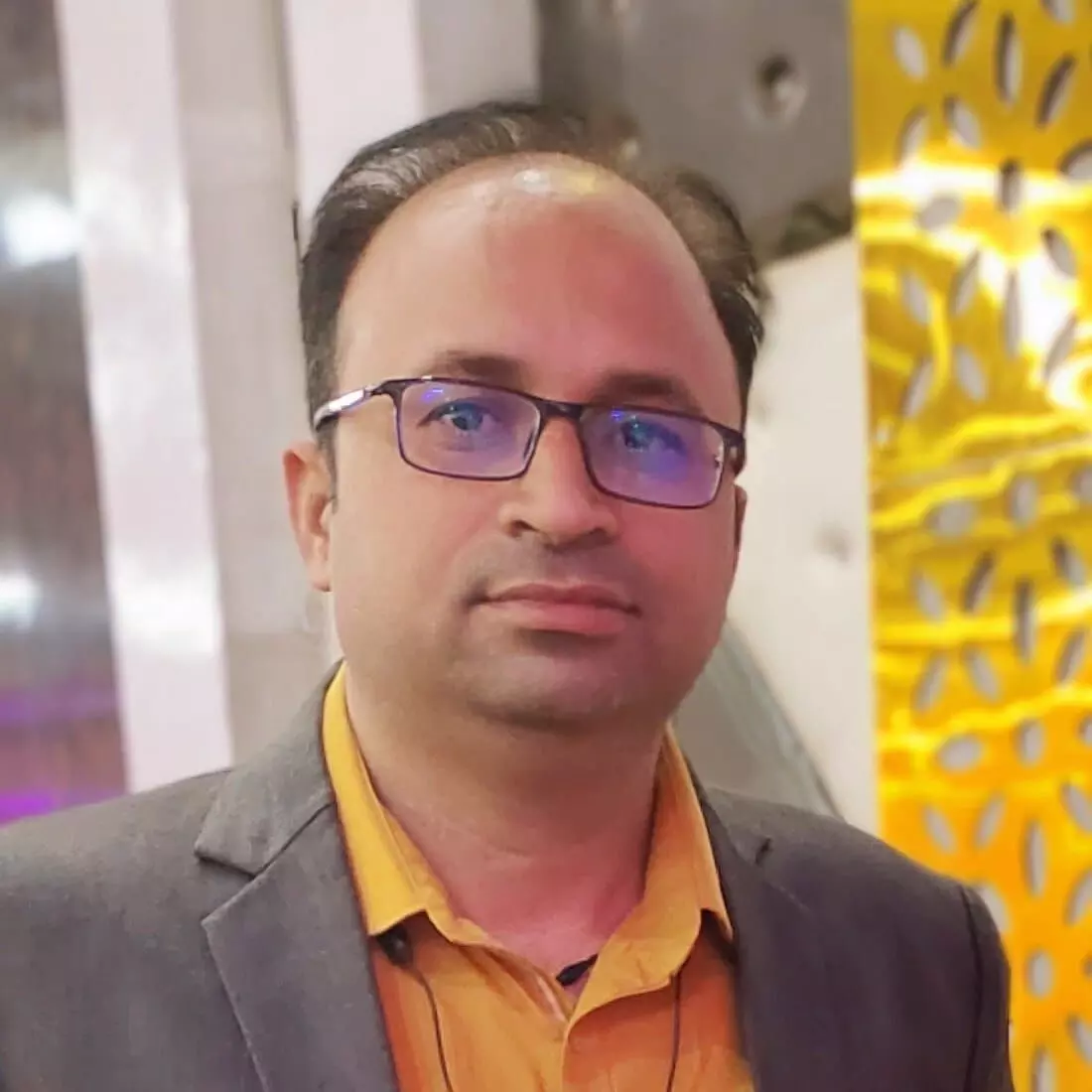When an officer told the Chief Minister, 'Do whatever you want, I will not withdraw this order,' and that very evening, the officer was removed.

This story is forty years old—when, in the very state of Sardar Patel, an IAS officer with a steel frame spine said “no” to the Chief Minister.
Amarsinh Chaudhary, Gujarat’s first tribal Chief Minister, had come to Rajkot to campaign for Congress candidates in the municipal corporation elections.
Local Congress leaders complained to him: “The Municipal Commissioner is trying to defeat our party. He is carrying out a massive anti-encroachment drive across the city—bulldozing on Race Course Road, Jubilee Bagh, and Jawahar Road. From large buildings to small street vendors, nothing is being spared.”
The Chief Minister called the Municipal Commissioner, S. Jagdeeshan, and ordered over the phone, “Stop your campaign until the elections are over. Our party is suffering losses.”
The 1980-batch IAS officer replied from his office chamber, “For me, both BJP and Congress are the same. To keep the city clean and ensure traffic order, the drive will continue.”
Amarsinh Chaudhary responded in a stern voice, “Stop the drive. This is an order from the Chief Minister.”
The young officer replied with equal firmness, “I will not stop it. Do whatever you wish to. Je thai, tame kari lo.”
The Chief Minister immediately phoned the Chief Secretary in Gandhinagar, narrated the entire incident, and ordered, “Remove this insolent officer from the field immediately.”
The Additional Chief Secretary (Personnel Department) called the Commissioner, gathered the details, and informed him, “You’ll have to leave Rajkot immediately. You’ve been appointed Joint Director in the Industrial Development Corporation. A young officer from Surat, S. R. Rao, has been made the new Commissioner.”
Jagdeeshan instructed the secretariat staff to remove his nameplate and shifted to the government bungalow at Ramkrishna Nagar.
After the news broke in the two evening Gujarati dailies, crowds gathered outside his residence, raising slogans against the government. Violence erupted across the city. Government buildings were targeted.
The Police Commissioner and District Magistrate arrived. After dispersing the crowd, they met the Commissioner and requested, “Please leave Rajkot immediately.”
He calmly responded, “I am waiting for a written government order.”
At 2 AM, the Under Secretary from the Personnel Department arrived at Gandhi Maidan with the official order and handed it over to Jagdeeshan. He was assured that he would leave for Gandhinagar in the morning.
But by morning, the crowd had swelled again—women, youth, students encircled his house. All schools and colleges were shut. The protest turned violent. The police had to open fire at multiple locations. Six people were killed, 20 injured, and a curfew was imposed in the city.
The Police Commissioner warned the transferred Commissioner, “If you do not leave Rajkot immediately, we’ll be forced to arrest you. Your presence is leading to unrest and violence.”
The Police Commissioner, who was twenty years senior to the Municipal Commissioner in service, personally escorted him out of the city.
On the way, women handed him coconuts and sweets as a farewell. In several spots, students lay down in front of his car, and the police had to forcibly clear the way.
Even after Jagdeeshan’s transfer, people did not forget him. A road near the university was named Jagdeeshan Marg, and a market near Jubilee Garden came to be called Jagdeeshan Market.
Actor Raj Babbar even played a lead role in a film where his character was named “Jagdeeshan”; the movie was shot in Rajkot itself.
During a rally of the Jan Morcha at Shastri Maidan, Rajkot, former Prime Minister Vishwanath Pratap Singh appealed to the public to support Jagdeeshan if he chose to contest the Lok Sabha elections in 1989, urging people to elect him with a massive mandate.
But Jagdeeshan declined the offer.
What made this officer so popular?
During his tenure, Rajkot faced a severe drinking water crisis. He arranged for a special train to bring potable water daily from Gandhinagar, 230 kilometers away.
He connected the city to its two main water sources—Bhadar and Nyari—through pipelines. He personally inspected water supply at night, and if a broken pipe was found, he got it repaired immediately, even if it meant working through the night.
Women affectionately called him their son.
When municipal elections were held, the Congress lost. Amarsinh Chaudhary was removed from the Chief Minister’s post as well.
